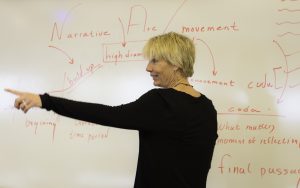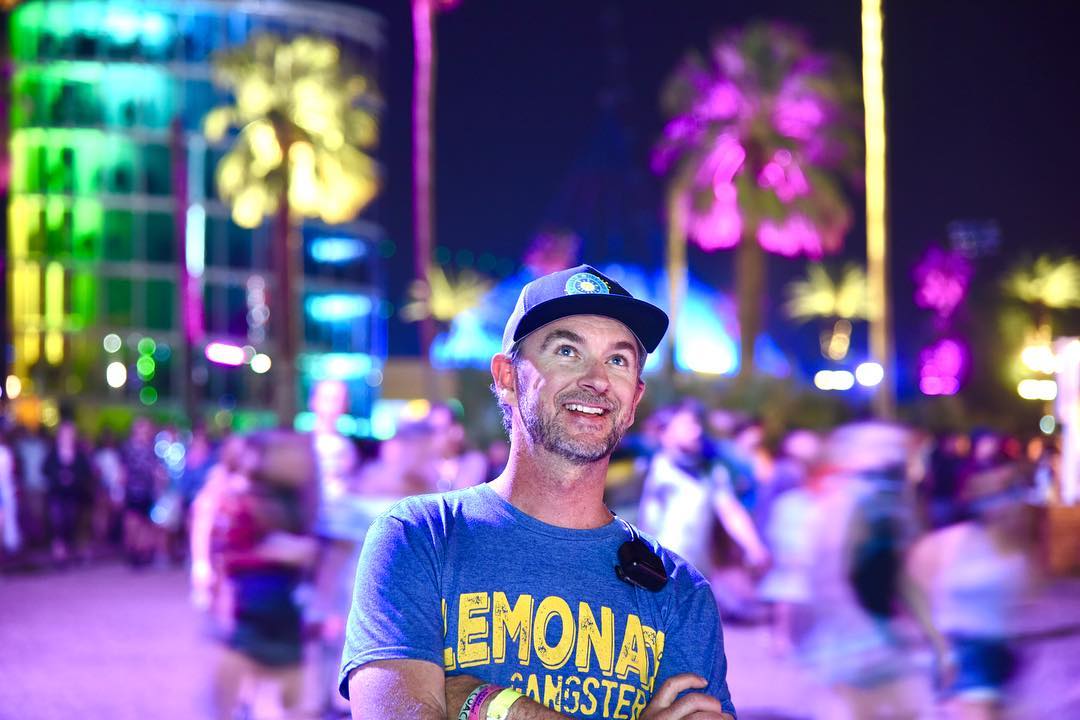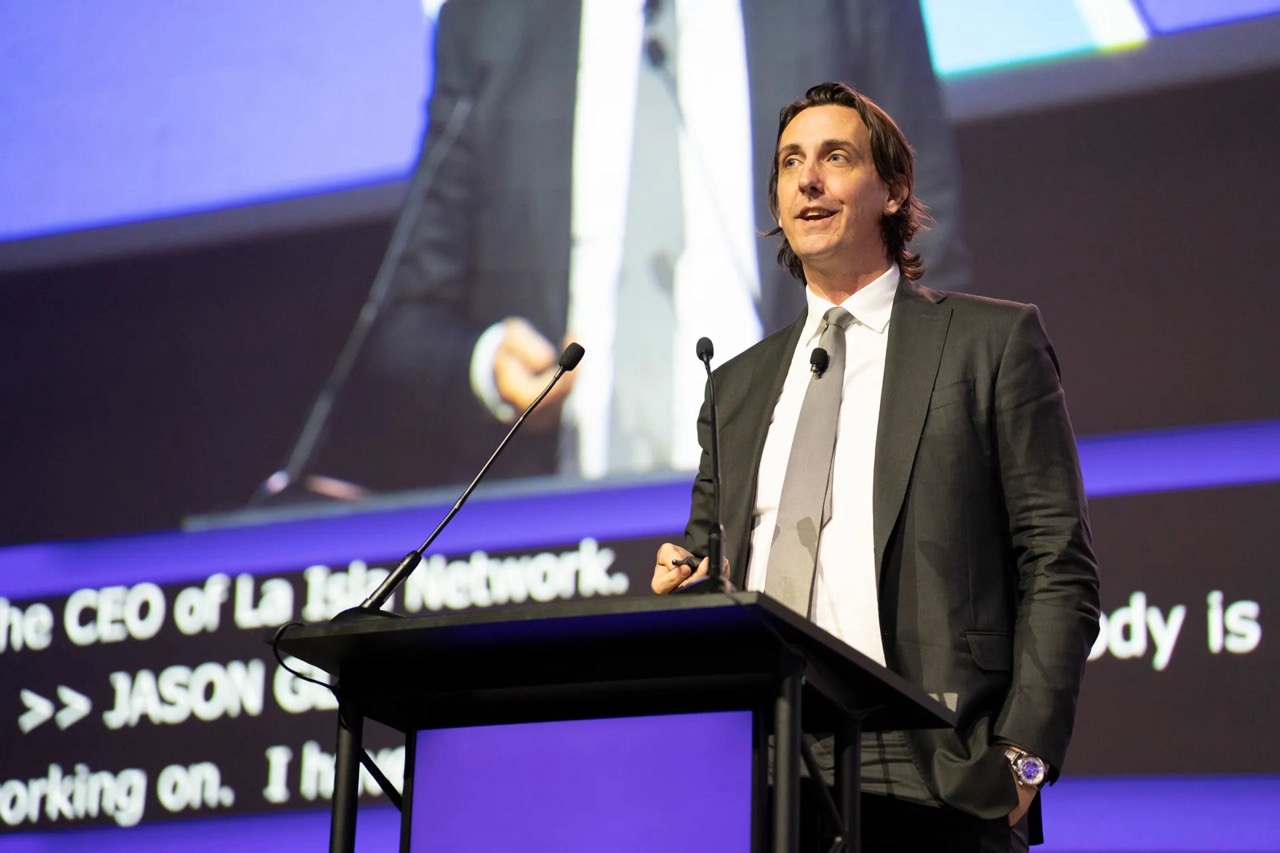Book suggestions for the holidays
Heading into the holiday season, gifting a book is always a good idea. Here are some of my suggestions from the last few months.
Silvia Moreno-Garcia’s Velvet was the Night
I really enjoyed this compelling story, and NPR agrees: “Given the success of Mexican Gothic, which landed Silvia Moreno-Garcia in the New York Times bestsellers list and made her — finally — a household name, it’d be understandable to expect her to repeat that novel’s formula; a wonderful mix of gothic horror, historical fiction, and nightmares. However, Velvet Was the Night, her latest novel, is nothing like Mexican Gothic, and that’s great because it’ll show her new readers what others have known for years: Moreno-Garcia’s work is like a wild pendulum that swings from horror to fantasy to noir, and she does them all equally well.”
Judy Vaughan’s (CRMS alumna) Strawberry Roan
Judy attended CRMS’ August Alumni Weekend and shared a chapter from her book. I so value the unique history of our school and the people who made it the special place it is today. If you are equally interested in the West in the middle of the 1900s, then this book will not disappoint. Vaughan shares a coming-of-age story that includes reflections on her time at CRMS.
Erik Larrson’s No One Goes Alone
Larrson’s book came out just in time for Halloween, but like pumpkin pie, a scary story is good just about any time of the year. Larrson is only distributing this tale via audiobook as it is intended to be a horror story listened to rather than read. He has an impressive resume with some outstanding books, including Devil in the White City, The Splendid and the Vile, and In the Garden of Beasts. Unlike these three books, his is most recent is entirely a fictitious account of a group of ghost hunters who confront terrors on an isolated island.
Mary H.K. Choi’s Emergency Contact
Perhaps I am too old for this book, given that Jim Gaw recently included me on the “geriatric team” for the Oystermeister competition. When I read Choi’s novel, I thought that teenagers would relate to it better than me, but you can decide for yourself – the plot: “A secret relationship conducted almost exclusively via text buoys a college freshman slouching awkwardly toward adulthood and a 21-year-old cafe manager who is trying to clean up the mess his life has become.”
Pear Rock Kane and Alfonso J. Orsini’s The Colors of Excellence
A collection of essays from a diverse set of educators and students. Those in the education industry will find this book a compelling introduction to the conversation about diversity in our independent school communities. The more experienced diversity practitioners will likely find the stories and research affirmational but not necessarily groundbreaking. I suspect everyone who reads “The Colors of Excellence” will leave with at least a few important take-aways and be inspired to continue the important work that is happening in our industry today.
Ragnar Jonasson’s The Girl Who Died
Jonasson is an award-winning author for his Ari Thor series. Una is the central character of this short thriller that takes us up to a secluded fishing village when she responds to an advertisement asking for a “teacher wanted at the edge of the world.” The society she joins for the year is protecting some long-held secrets. Some find Jonasson one of the best crime writers in the world today. I would start with his original series and then move on to this one. I randomly picked this one out and was not disappointed.
Erica Keswin’s Rituals Roadmap: The Human Way to Transform Everyday Routines into Workplace Magic.
I was asked to host a “fireside chat” with the author for The Association of Boarding Schools. Having been a head coach for a number of years prior to taking over as a head of school, I am a huge believer in the importance of rituals as a way to develop and reinforce team culture and to support individuals. Keswin does a nice job of presenting her ideas within a clear and easy-to-understand framework. If you lead an organization or a team, this book is worth your time. If you are a parent trying to create some family connection, this book may provide you with some applicable ideas.
Michael Lewis’ The Premonition: A Pandemic Story
I have enjoyed Lewis’ books ever since reading Money Ball and The Blind Side. His latest effort does not disappoint as he traces the United States’ efforts (and lack of effort) to prepare for a pandemic of the magnitude we now face. Hindsight is 20-20, but there is plenty of foresight that was not taken advantage of as the spring of 2019 approached. It’s worth the read.
John Green’s The Anthropocene Reviewed
A collection of essays by Green, an author is who is probably best known for his work The Fault in Our Stars and Looking for Alaska. Originally sections of a podcast, he has now turned these essays into a book. This new format gives you a variety of options now to hear his view on the modern world and to see it in a new way than you were likely to have imagined it before. I personally loved the section in which he shares a description of the Liverpool soccer team singing “You Will Never Walk Alone” regardless of whether the team has faced victory or defeat. Credit to Keswin (above) that I noted this ritual and the power behind it to draw in the community.
Tana French’s The Searcher
French’s latest effort has made it to the top of a few literary lists. If you are not familiar with French, I would recommend some of her earlier works to get a flavor for her gothic crime novels. This book features an ex-cop who is trying to remake his life after it has fallen to personal and professional pieces. The story is well-paced and has enough plot twists to keep the reader guessing. I have found some of French’s most recent works to be a bit forced and have left disappointed, but this is a return to solid ground with a compelling narrative.
A.S.A. Harrison’s The Silent Wife
Harrison presents us with alternating narratives of two flawed characters whose marriage disintegrates over the course of the novel. We know that Jodi will be responsible for Todd’s death – it is a piece of information we are given at the very opening of her narrative. We find out that Todd is unfaithful, caring, and morally stunted. What we do not know – which propels the narrative – how we will move from will his death will transpire and how we will feel about the victim when it happens. Harrison crafts a nicely paced narrative in her debut novel, and it is a shame that she passes away prior to finishing her next book, a psychological thriller. I have not read Gone Girl, but this is compared to it often. I think it is worth your time.
Dr. Marcia Chatelain’s Franchise: The Golden Arches in Black America
This is the 2021 Pulitzer Prize Winner for History and the reviews for it are off the charts. This book follows her previous effort and debut book, South Side Girls: Growing Up in the Great Migration (2015). “Fast food” has had a global impact since its introduction into American culture in the 1940s, and Chatelain traces the origins of both despair and power within the Black community through its growth and dominance. This book was a must-read for me given that one of the inspirations of the founders of Colorado Rocky Mountain School was a response to the efficiency and ease they were seeing as a trend in American culture. John and Anne Holden wanted CRMS to be the “antidote to modern easy living”; they also wanted the school to be a place where community and connection were important, and that is why we continue to have sit-down dinners, all-school meetings, community workdays, and an outdoor orientation that takes us into the backcountry for ten days.
Daniel Kahneman, Olivier Sibony, and Cass Sunstein’s Noise: A Flaw in Human Judgement
I have been a Kahneman fan since reading his Nobel Prize winner, Thinking, Fast and Slow. His latest book covers some similar ground to his earlier work; however, Noise is much more focused on how we can turn down the “noise” to reduce errors in fields that require human judgment. The three authors are experts in the field of behavioral economics present us with the ways in which we make systemic errors in decision making. “Noise” differs from bias in that it is not easily seen and recognized when an individual decision is made. “Noise”, for example, happens when a judge’s favorite team wins the previous day, and this victory influences the length of the sentence given to a criminal (in this case to the positive – the judge is feeling gracious). My recommendation would be to start with his earlier work and if that grabs you, then by all means you will enjoy this one as well.
Simon Winchester’s The Perfectionists: How Precision Engineers Created the Modern World.
Winchester takes us through the history of perfection by ever-decreasing degrees of permissible error. Starting with the industrial age we are introduced to the minds and methods that profoundly influence each stage of industrial and scientific development. Honestly, I really appreciate the “afterward” where we are introduced to a Japanese culture that both celebrates “perfection” and the beauty of “imperfections” that are signs of craftsmanship…it is worth the wait to get to this closing piece of an entertaining study.
James McBride’s Deacon King Kong
Set in a fictionalized version of a New York City borough. The housing project of McBride’s prose is filled with a cast of characters whose fates are all interconnected. Set in 1969, the story opens with “Sportcoat” shooting a local drug dealer, and from there a series of events, directly and indirectly, related to the incident propel the characters forward in a chaotic and sometimes celebratory aftermath of what is described as a “crime novel”. The “n” word is used by characters. This is a fun read, and perfect that it opens during the month of September and the shifting seasons.
I hope you’ll find something enjoyable. Happy Holidays.
 MYCRMS
MYCRMS





 Virtual Tour
Virtual Tour

